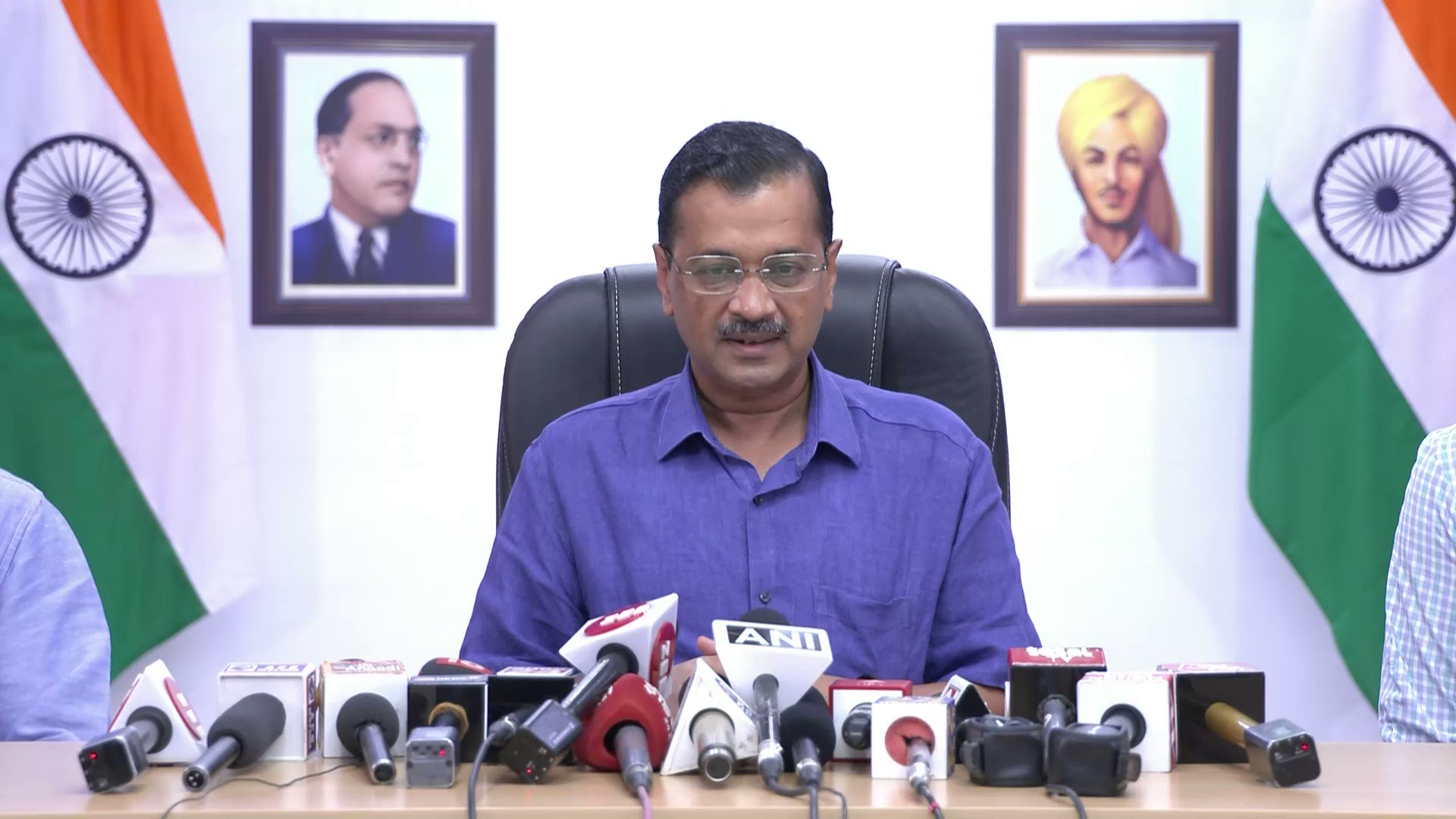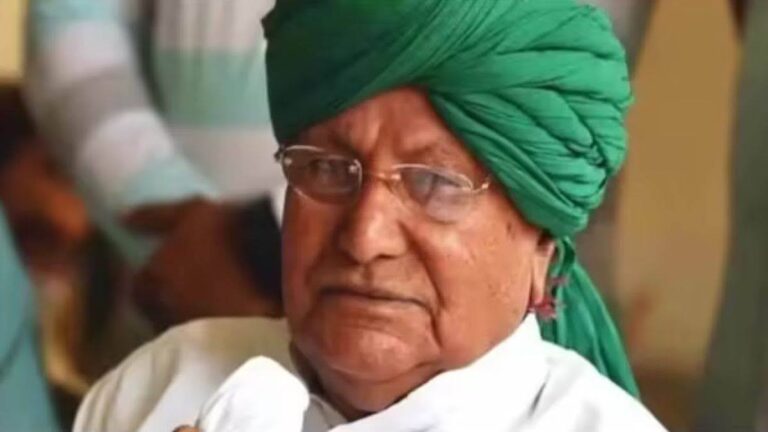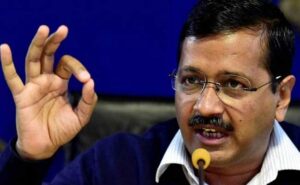[contact-form][contact-field label=”Name” type=”name” required=”true” /][contact-field label=”Email” type=”email” required=”true” /][contact-field label=”Website” type=”url” /][contact-field label=”Message” type=”textarea” /][/contact-form]
In a noteworthy development in international diplomacy, India has taken a bold step by issuing a demarche to Germany following comments made by German officials about Arvind Kejriwal, a prominent Indian political figure. This move underscores India’s commitment to defending the dignity and reputation of its leaders on the global stage. Let’s delve deeper into the intricacies of this diplomatic incident and its implications for bilateral relations between India and Germany.
Arvind Kejriwal’s Political Significance
Arvind Kejriwal, the Chief Minister of Delhi and leader of the Aam Aadmi Party (AAP(AAP), holds significant political sway in India. Rising to prominence as a crusader against corruption, Kejriwal’s journey from an activist to a political leader has been closely watched both domestically and internationally. His unconventional approach to governance and populist policies have garnered both admirers and critics. Given his stature and influence, any commentary on Kejriwal, especially from foreign quarters, tends to attract attention and scrutiny, thus warranting a measured diplomatic response from India.
India’s Swift Reaction
The Indian government wasted no time in responding to the comments made by German officials regarding Arvind Kejriwal. Within diplomatic circles, the issuance of a demarche is a formal communication conveying a government’s displeasure or seeking clarification on specific issues. India’s prompt action in this regard highlights the seriousness with which it views any external commentary that may impinge upon the dignity and sovereignty of its elected leaders. This assertive response serves as a testament to India’s commitment to upholding diplomatic norms and safeguarding its national interests.
Understanding Germany’s Remarks
While the exact nature of the comments made by German officials about Arvind Kejriwal remains undisclosed, it is evident that they have stirred controversy and prompted India’s diplomatic intervention. Speculation abounds regarding the content and context of these remarks, with various interpretations circulating in media circles. However, until official statements are released by both governments, the specifics of Germany’s remarks remain subject to conjecture.
Diplomatic Channels at Work
The demarche issued by India to Germany signifies the utilization of diplomatic channels to address bilateral concerns. Diplomatic communications play a crucial role in facilitating dialogue, resolving misunderstandings, and maintaining amicable relations between nations. By resorting to formal channels such as demarches, governments can express grievances and seek redressal in a structured and diplomatic manner. This approach not only fosters transparency and accountability but also helps prevent escalations that could potentially strain bilateral ties.
Safeguarding Sovereignty and Dignity
India’s reaction to external commentary on its political leaders reaffirms its commitment to safeguarding its sovereignty and protecting the dignity of its elected representatives. In an interconnected world where global opinions can shape perceptions, India’s assertiveness in defending its leaders against unwarranted criticism sends a strong message. This principled stance underscores India’s maturity as a democratic nation and its resolve to uphold the dignity and integrity of its political institutions.
Implications for Global Perception
The handling of this diplomatic incident by India holds implications for the global perception of the country’s leadership and its diplomatic acumen. By asserting its position on the international stage, India demonstrates its readiness to engage with the world on equal footing and uphold its interests with confidence. How this incident is perceived by the international community will undoubtedly influence India’s standing in global affairs and its future diplomatic engagements.
Conclusion
India’s demarche to Germany over comments made about Arvind Kejriwal reflects the intricacies of modern diplomacy and the importance of defending the dignity of political leaders. As nations navigate the complexities of international relations, respectful dialogue and adherence to diplomatic norms remain essential for fostering constructive engagement and preserving bilateral ties. India’s proactive stance in this regard exemplifies its commitment to upholding the principles of sovereignty, dignity, and mutual respect in the realm of global diplomacy.
#India
#Germany
#ArvindKejriwal
#Diplomacy
#InternationalRelations
#Demarche
#PoliticalLeadership
#Sovereignty
#GlobalPerception
#BilateralRelations
#Dignity
#Respect
#Governance
#AamAadmiParty
#PoliticalSignificance
#DiplomaticChannels
#ForeignPolicy
#DiplomaticIncident
#WorldAffairs
#Democracy



















